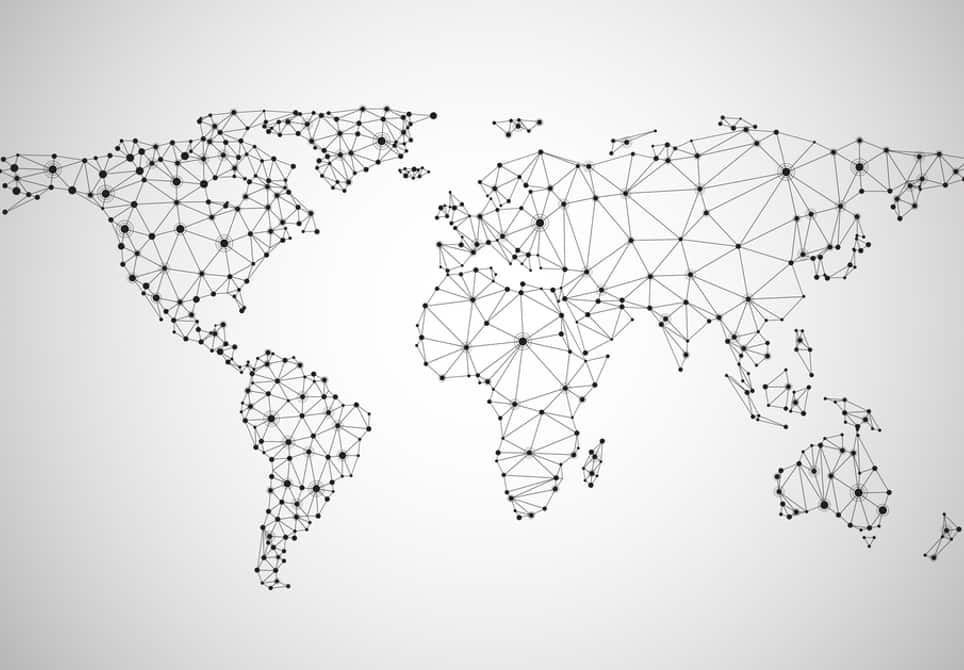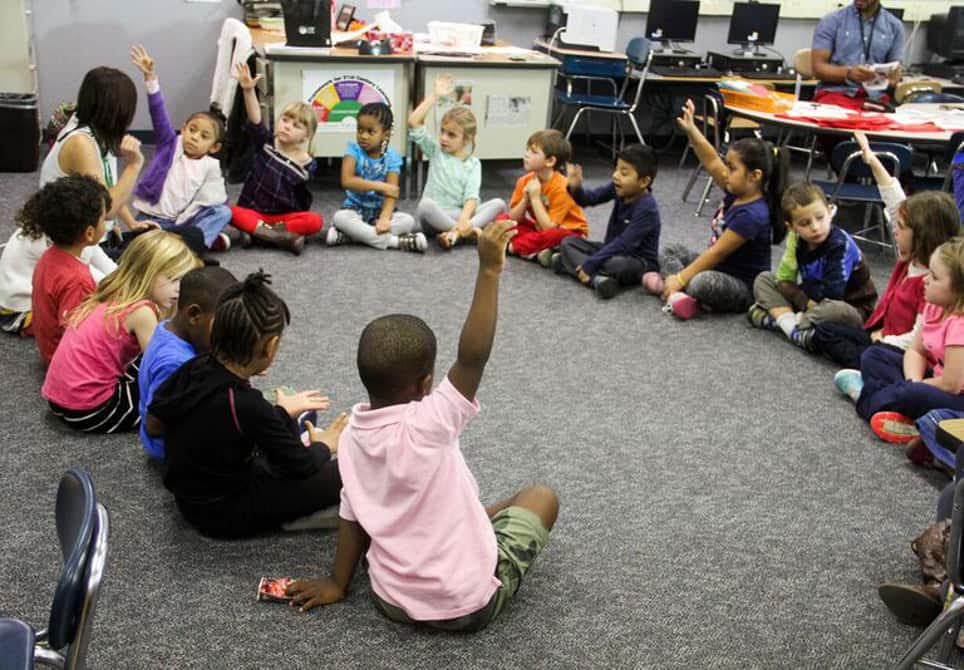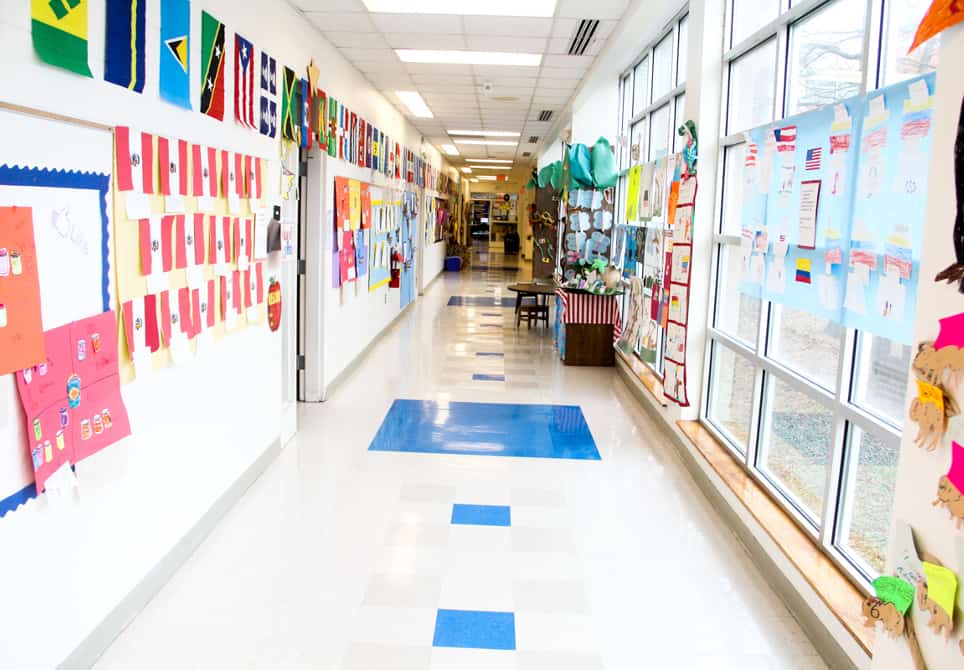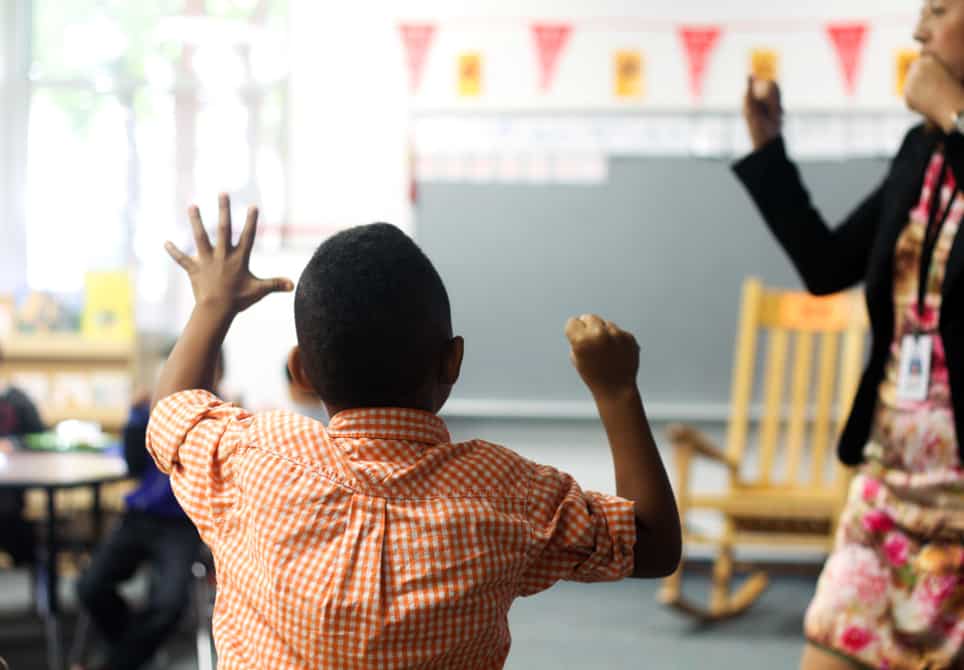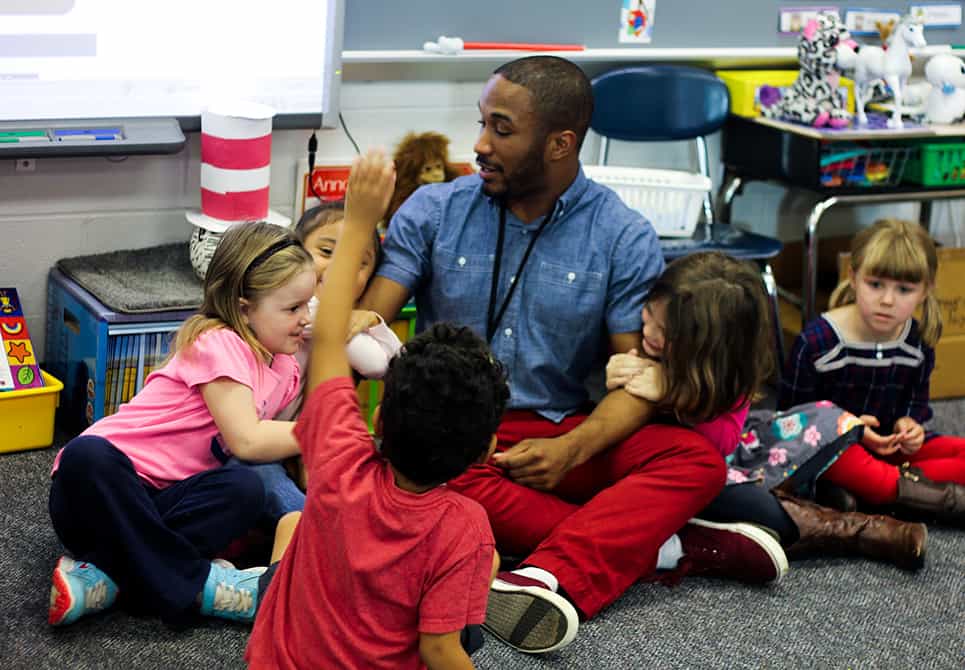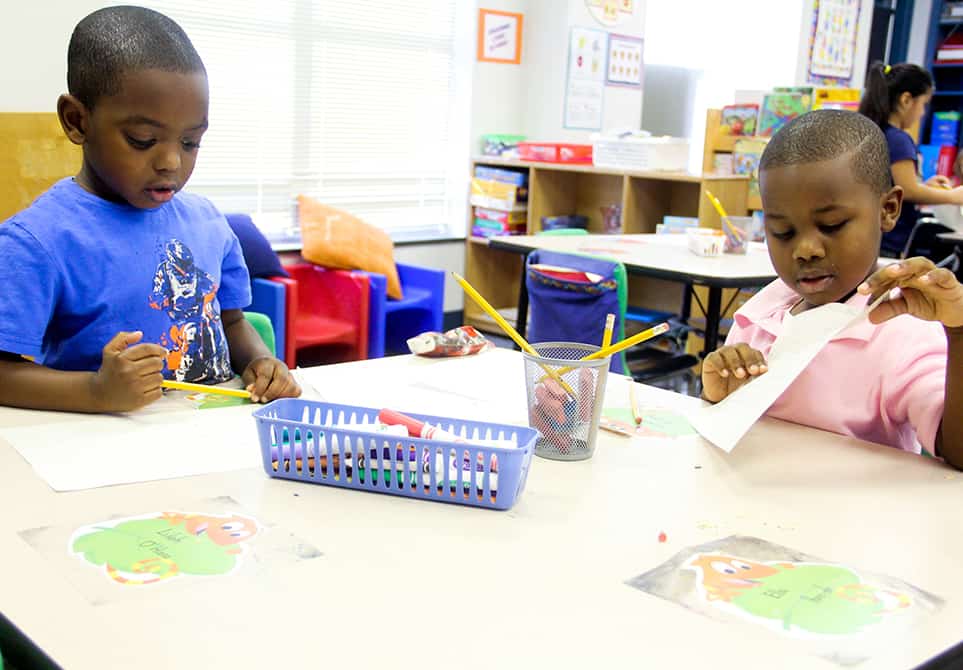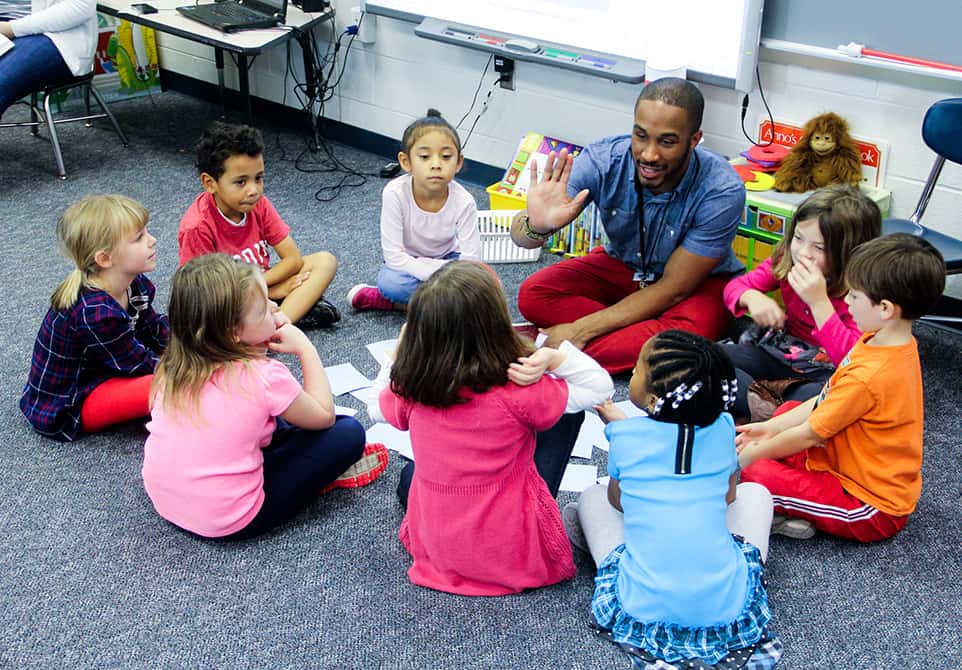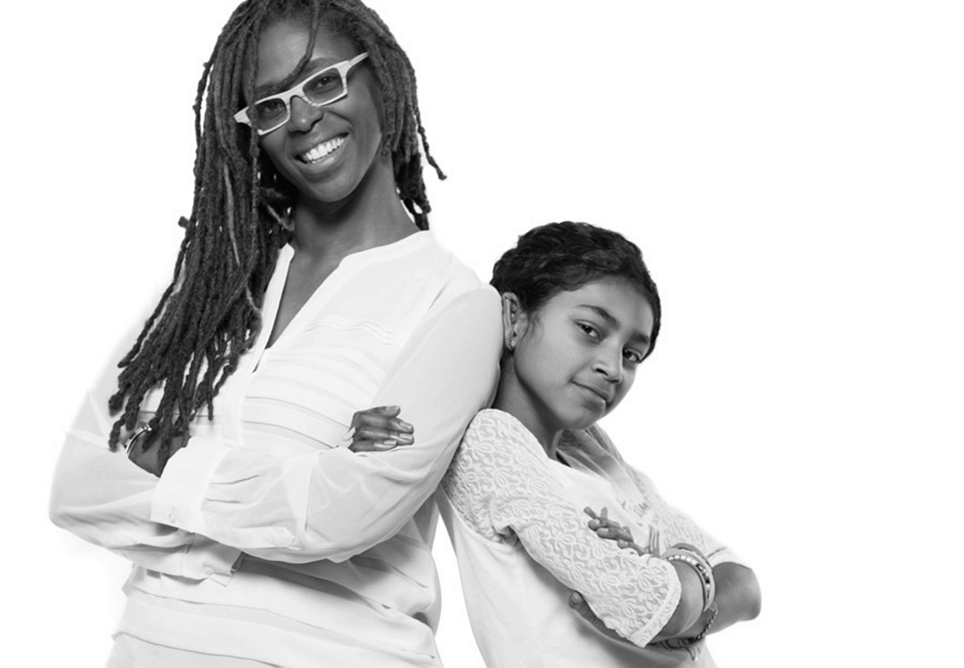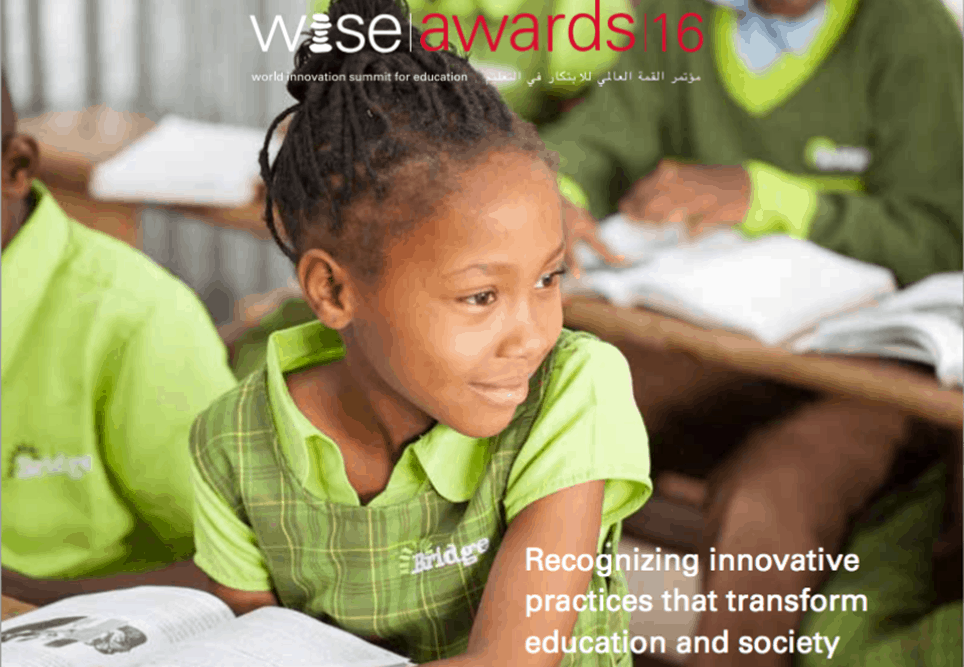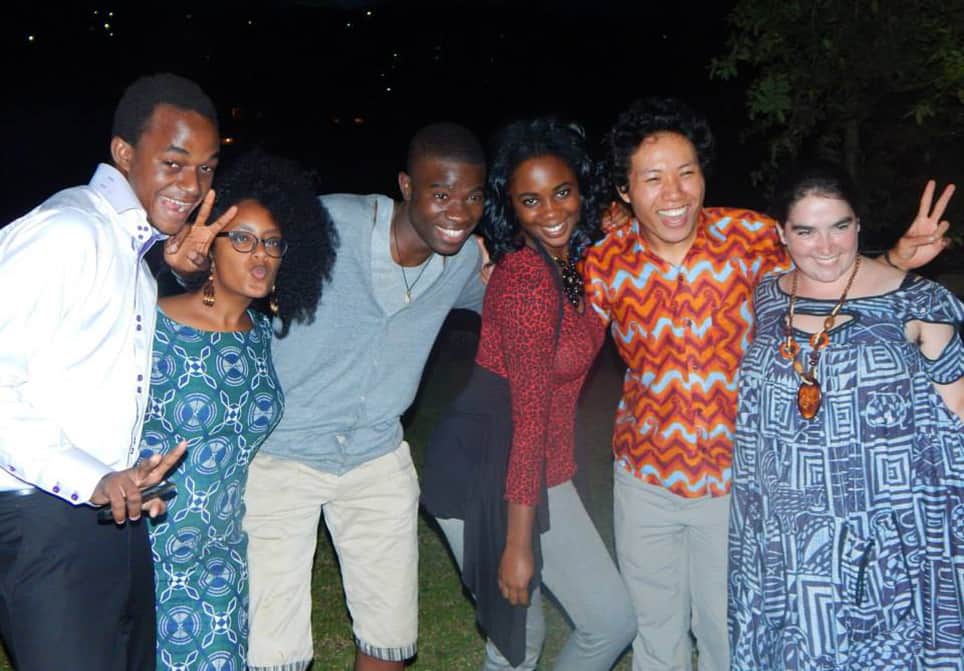Global Education
Three Paradoxes Confronting the Global Educator
By: Valerie Hannon. Many educators see the promise of personalizing education, however here are three paradoxes that can result when seeking to personalize learning in this era of globalization.
Back to Basics: Creating Equitable Learning Environments
By: Meg Van Voorhis. Creating and sustaining a successful and equitable learning environment for students means starting with these three things.
5 Best Practices to Globalize Your School
By: David Young. If global learning opportunities are core to being college- and career-ready, why are they not offered widely in K-12 classrooms? How do we provide global learning to more K-12 classrooms to equitably prepare all students? Here are five real examples to follow.
How World Language Learning and Global Competence Complement Each Other
By: Meriwynn Mansori. By focusing world language programs on building students’ proficiency and global competence, we can use existing educational infrastructure to provide high-quality, meaningful language learning experiences to larger populations of students. Here is what it takes.
Globally Competent Students Require Globally Competent Teachers
To efficiently and equitably develop globally competent students you must first develop globally competent educators. New Century International Middle School is an example of a school-wide global education approach that works.
How to Prepare Globally Competent Students
By: Anamaria Knight. If you are interested in a few more instructional strategies that can be used across disciplines to support students in developing key global competence skills, here are some examples.
What do Globally Competent Students Look Like?
By: David Young. In education, global competitiveness can be characterized as the set of skills and factors that support individuals’ personal and professional productivity in their communities and in the world. Being globally competitive today requires developing global competence.
One Good Question: How Countries, Communities and Schools Prepare Youth for Global Citizenship
Tom answers in what ways do our investments in education reveal our beliefs about the next generation’s role in the world? And, how much does the next big tool matter for lasting academic outcomes for all students?
WISE Awards are Building the Future of Education Worldwide
Every year the WISE Awards recognize six cutting-edge projects that successfully address today’s educational challenges and demonstrate a strong positive impact on individuals and communities globally.
Diversifying Global Education to Diversify Global Leadership
The impact of international education is profound and this is what drives the work to build a network of study abroad public high schools that provide students from historically underserved communities access to education overseas.



